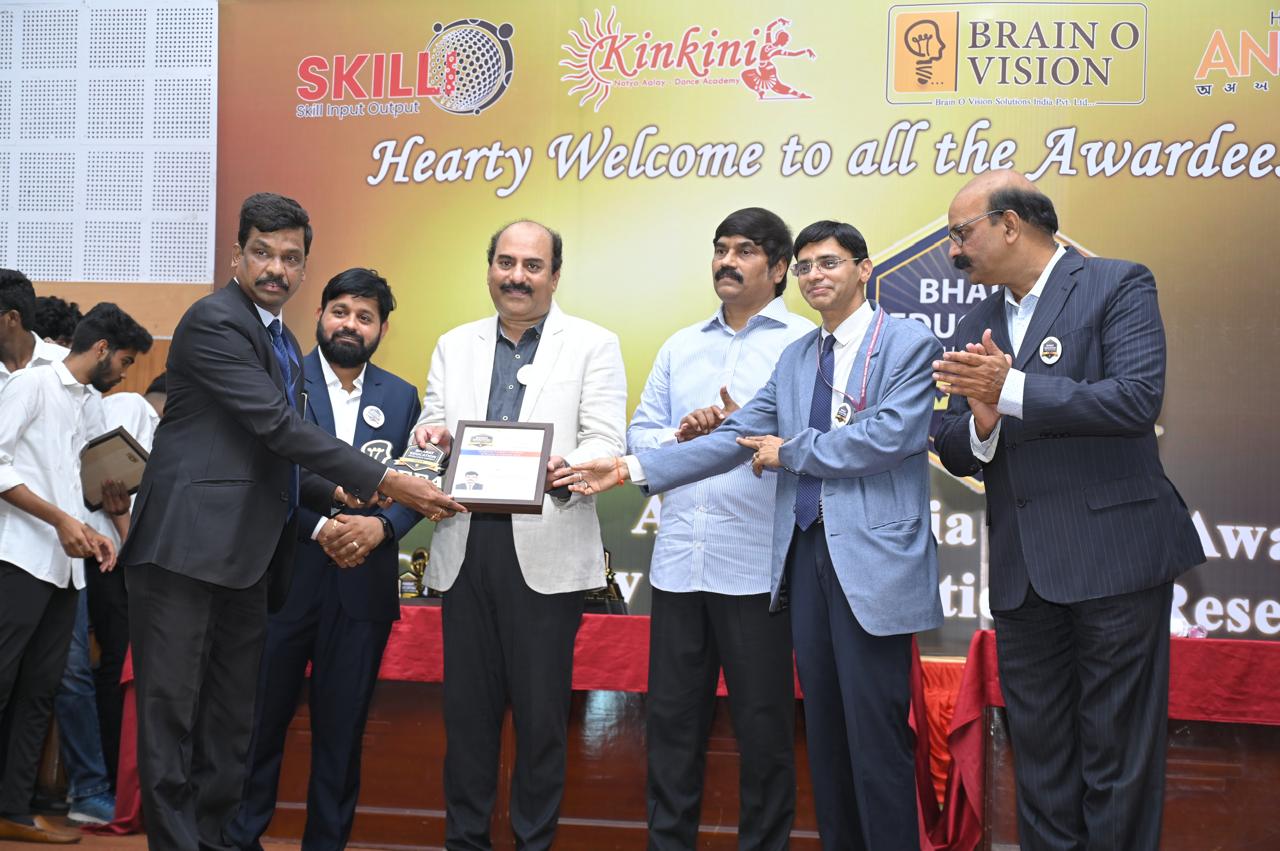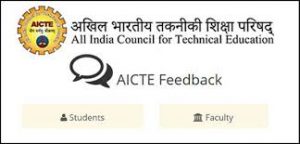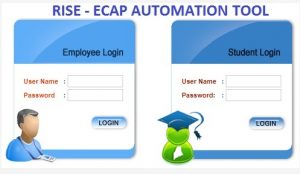PEO’S
Program Educational Objectives
Graduate of the program will be able to
PEO-1
Develop software solutions for real world problems by applying Mathematics, Science and engineering principles.
PEO-2
Function as members of multi-disciplinary teams and to communicate effectively using modern tools.
PEO-3
Pursue career in software industry or higher studies with continuous learning and apply professional knowledge.
PEO-4
Practice the profession with ethics, integrity, leadership and social responsibility.
PO’S
Program Outcomes
-
The B.Tech CSE programme has documented measurable outcomes that are based on the needs of the programme’s stakeholders. The programme outcomes which are derived from ABET (Accreditation board of engineering and technology) criteria are first drafted in the academic year 2011-12 and later revised in 2012-13. The programme outcomes that the department presently adapts to are as follows:
- Engineering knowledge: Apply the knowledge of mathematics, science, engineering fundamentals and an engineering specialization to the solution of complex engineering problems.
- Problem analysis: Identify, formulate, review research literature, and analyze complex engineering problems reaching substantiated conclusions using first principles of mathematics, natural science and engineering sciences.
- Design/development of solutions: Design solutions for complex engineering problems and design system components or processes that meet the specified needs with appropriate consideration for the public health and safety, and the cultural, societal and environmental considerations.
- Conduct investigations of complex problems: Use research based knowledge and research methods including design of experiments, analysis and interpretation of data, and synthesis of the information to provide valid conclusions.
- Modern tool usage: create, select and apply appropriate techniques, resources and modern engineering and IT tools including prediction and modeling to complex engineering activities with an understanding of the limitations.
- The engineer and society: Apply reasoning informed by the contextual knowledge to assess societal, health, safety, legal and cultural issues and the consequent responsibilities relevant to the professional engineering practice.
- Environment sustainability: Understand the impact of the professional engineering solutions in the societal and environmental contexts, and demonstrate the knowledge of, and need for sustainable development.
- Ethics: Apply ethical principles and commit to professional ethics and responsibilities and norms of the engineering practice.
- Individual and team work: Function effectively as an individual and as a member or leader in diverse teams, and in multidisciplinary settings.
- Communication: Communicate effectively on complex engineering activities with the engineering community and with society at large, such as, being able to comprehend and write effective reports and design documentation, make effective presentations, and give and receive clear instructions.
- Project management and finance: Demonstrate knowledge and understanding of the engineering and management principles and apply these to one’s own work, as a member and leader in a team, to manage projects and in multidisciplinary environments.
- Lifelong learning: Recognize the need for, and have the preparation and ability to engage in independent and lifelong learning in the broader context of technological change.
PSO’S
Program Specific Outcomes (PSOs)
- PSO-1: Domain Knowledge: Apply the Knowledge of Programming Languages, Networks and Databases for design and development of Software Applications.
- PSO-2: Computing Paradigms: Understand the evolutionary changes in computing possess knowledge of context aware applicability of paradigms and meet the challenges of the future.






